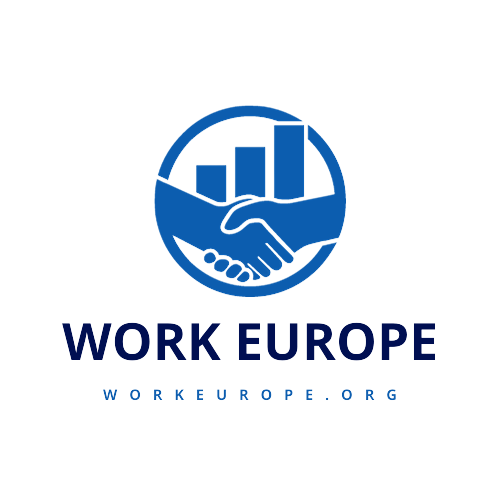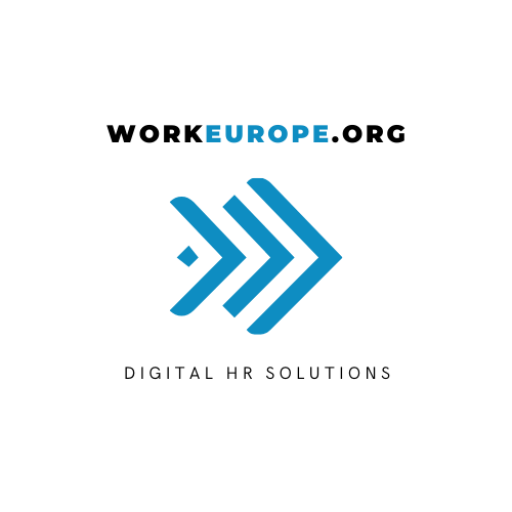
Job interviews are a pivotal step in securing employment in Europe, and they often serve as the final assessment of a candidate’s qualifications and fit for a role. Preparing thoroughly for a European job interview is crucial, as it not only showcases your skills and experiences but also demonstrates your professionalism and cultural awareness. In this article, we’ll explore essential steps to help you excel in European job interviews.
1. Research the Company and Role:
Start your interview preparation by thoroughly researching the company and the specific role you’re applying for. Understand the organization’s mission, values, products, services, and recent news or developments. Tailor your responses to demonstrate alignment with the company’s goals.
2. Comprehend Cultural Nuances:
European job interviews may have unique cultural nuances. Familiarize yourself with the preferred interview format, level of formality, and common questions in the country where you’re applying. Different regions may have distinct interview customs, so adapt accordingly.
3. Dress Appropriately:
Wear appropriate attire based on the company culture and industry. In Europe, attire can range from formal business suits in finance and law to business-casual or smart-casual attire in tech or creative fields. When in doubt, opt for slightly overdressing to convey professionalism.

4. Practice Your Elevator Pitch:
Prepare a concise and compelling elevator pitch that introduces yourself, your qualifications, and your career goals in a clear and engaging manner. This pitch should help you answer the common “Tell me about yourself” question effectively.
5. Behavioral Interview Questions:
Expect behavioral interview questions that ask about past experiences and how you handled specific situations. Use the STAR method (Situation, Task, Action, Result) to structure your responses and showcase your problem-solving abilities.
6. Technical Competency Questions:
If the role requires technical skills, anticipate questions related to your expertise. Review key technical concepts and be prepared to discuss your relevant experiences and accomplishments in detail.
7. Language Proficiency:
For non-native English speakers, practice your language proficiency to ensure clear and confident communication during the interview. Be prepared for questions about your language abilities and language certifications like the Common European Framework of Reference for Languages (CEFR).
8. Cultural Fit Questions:
Many European companies emphasize cultural fit and values alignment. Be ready to discuss how your values and work style align with the company’s culture. Provide specific examples that demonstrate your compatibility.
9. Questions for the Interviewer:
Prepare thoughtful questions for the interviewer. Inquire about the team, company culture, and the role’s responsibilities. Asking questions demonstrates your interest and engagement in the opportunity.
10. Cultural Awareness:
Demonstrate cultural awareness by showing respect for local customs and etiquette. Use polite greetings, offer a firm handshake (when appropriate), and maintain eye contact during the interview. Research the country’s cultural norms in advance.
11. Mock Interviews:
Practice mock interviews with a friend, mentor, or career coach. Constructive feedback can help you refine your responses and boost your confidence.
12. Interview Follow-Up:
Send a personalized thank-you email within 24 hours of the interview, expressing your gratitude for the opportunity and reiterating your interest in the position. This is also an opportunity to address any points you may have missed during the interview.
Conclusion
Preparing for European job interviews involves a blend of research, cultural sensitivity, and effective communication. By thoroughly understanding the company, adapting to cultural norms, and practicing your responses, you can confidently navigate the interview process and increase your chances of landing your desired role in Europe. Remember that each interview is a valuable opportunity to showcase your skills and make a positive impression on potential employers.
WorkEurope.org is a platform connecting vacant jobs to skilled professionals around the world.

